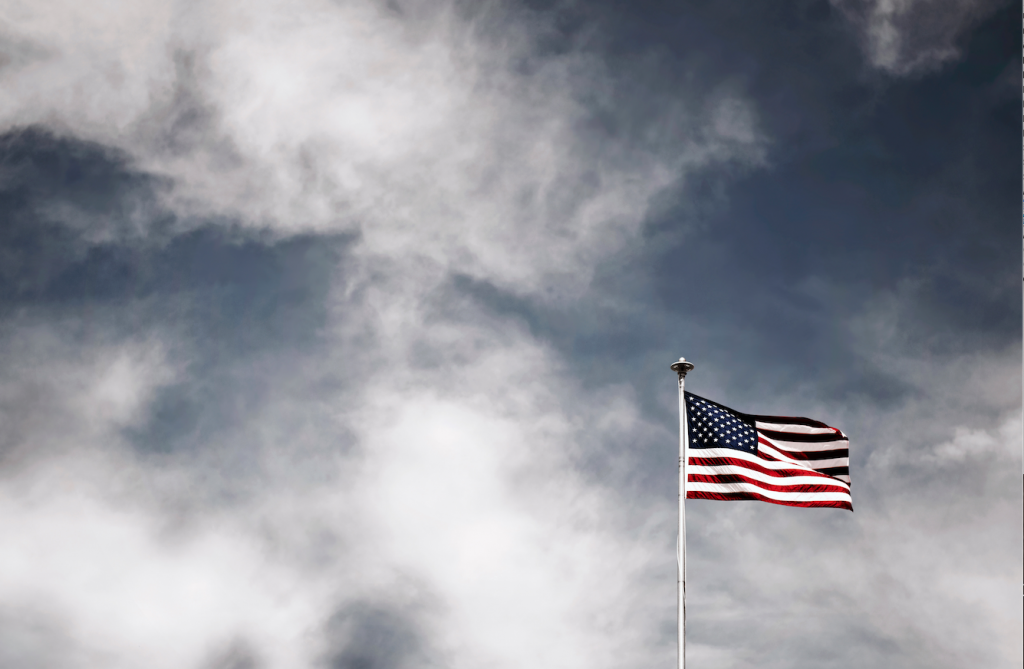
IRFA and Key Groups Decry House Passage of the Equality Act
By Dr. Stanley Carlson-Thies
Editor’s Note: A more in-depth conversation about the implications of the passage of the Equality Act was featured on the Faith Angle Forum podcast on May 22, 2019.
The House of Representatives passed H.R. 5, the Equality Act, on May 17, 2019. This adds to federal civil rights law new prohibitions on discrimination on the bases of sexual orientation and gender identity, and expanded protections for access to contraceptives and elective abortions. The Act is unlikely to be taken up by the Senate in this Congress. As IRFA and others have stressed, the Equality Act as drafted and as passed by the House would have a plethora of negative consequences for religious freedom.
The Equality Act passed the House with 228 Democratic and eight Republican affirmative votes–173 Republicans voted against it. Seven Democrats and 16 Republicans voted present, abstaining from voting. In the House Judiciary Committee hearing on the bill (see the report), some religious freedom issues were noted, but much of the criticism had to do with concerns regarding the impact of the gender identity provisions on women’s sports, public school curricula, and privacy in women-only spaces. There was concern, too, that other new provisions will increase the frequency of abortions while narrowing conscience protections for doctors and other healthcare providers.
Media reports suggest it is extremely unlikely that the bill will be taken up in the Senate; what little Republican support exists, when added to the Democratic support, is not enough to overcome a filibuster. Yet advocates of the Equality Act, of course, will not stop their efforts simply because a Senate vote would be unfavorable at this time.
From the perspective of faith-based organizations, the Equality Act, as written, is deeply troubling, as IRFA has noted. Organizations (and individuals) committed to traditional convictions about human sexuality and marriage will be hampered in multiple ways, whether or not they receive government funding. For example, they will not be able to hire staff in agreement with their convictions on these matters; adoption agencies seeking to place children only with mother-father families will have to close; houses of worship that invite outsiders for special events will, in consequence, be deemed places of public accommodation and therefore not be permitted to maintain their faith-based conduct standards. And, for the first time, the protections of the Religious Freedom Restoration Act (RFRA) will be weakened–dramatically–as the Equality Act specifies that no appeals to RFRA are even possible if the original charge is discrimination.
These and other provisions of the Equality Act would be devastating for the religious social sector. The many faith-based nonprofits providing necessary accommodations, houses of worship also serving their communities, and businesses with a faith angle will all be held captive to the almost vindictive statutes within this Act. To be sure, some denominations and faith-based organizations already follow the prescriptions of the Equality Act in their own operations–but that is from their own convictions. For the same progressive sexual policies to be imposed by federal force on other religious organizations is an entirely different matter.
Amendments to counteract some of the problems of the Equality Act were offered in committee and on the floor of the House, but none were accepted. In those states with laws requiring sexual orientation and gender identity nondiscrimination, many of the predictable religious freedom problems are resolved in the laws themselves. It is particularly troubling that advocates of the Equality Act in the House so resolutely refused to deal seriously with these problems.
Because the focus of Republican criticism of the Act was its impact on women’s rights, privacy, and free speech, several groups, including the Institutional Religious Freedom Alliance, the Center for Public Justice (where IRFA is a division), the US Conference of Catholic Bishops, the National Association of Evangelicals, and the Christian Legal Society wrote to the House nearly two weeks before the vote, specifically highlighting the multiple religious freedom problems.
IRFA is one of several faith-based organizations and Christian denominations which have advocated that Congress ought to set aside the Equality Act and instead pass a bill that would simultaneously protect in federal law both those with progressive sexual practices and traditional moral views. This “fairness for all” approach is detailed in the IRFA article, “A Better Way than the Equality Act.” The Church of Jesus Christ of Latter Day Saints, which successfully promoted the same “both-and” approach in Utah in 2015, also has called for a “fairness for all” federal law as a better way than the Equality Act. Similarly, in its response to the House vote, the Seventh-day Adventist Church noted the implications for religious freedom this bill will pose and advocated instead for legislation that “address[es] the concerns of both the LGBT and religious communities.” A recent Buzzfeed article, “These Conservatives Want to Stop Fighting LGBT People,” takes note of IRFA and other religious freedom advocates who are searching for a lasting, mutually acceptable solution to the hostile disputes between proponents of LGBT rights and proponents of religious freedom.
As Congress continues to wrestle with whether and how to advance LGBT rights, much greater attention needs to be paid to how changes in the civil rights laws will affect religious exercise, faith-based organizations, and conscience rights. There is a better way than the Equality Act—the way of Fairness for All.
Stanley Carlson-Thies is founder and senior director of the Institutional Religious Freedom Alliance.
